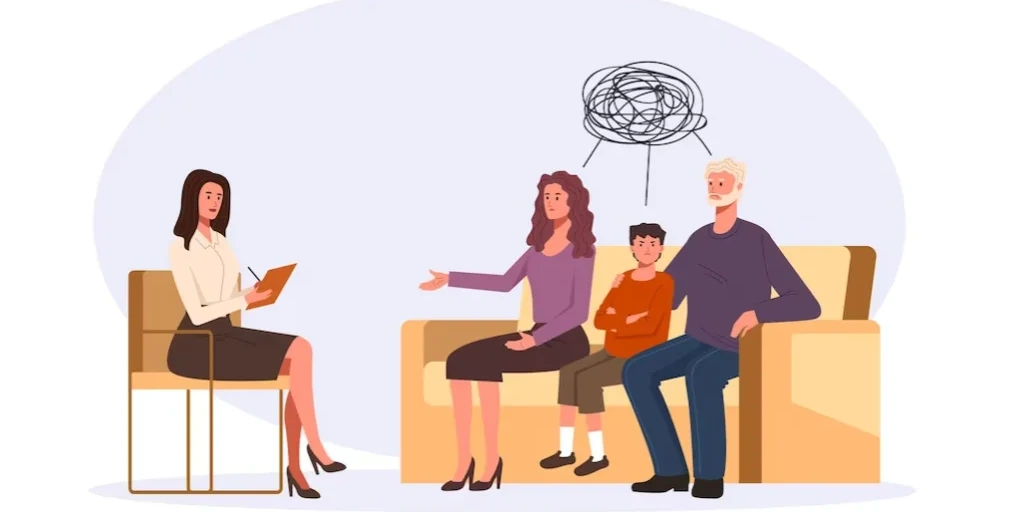24/7 Helpline:
(866) 899-111424/7 Helpline:
(866) 899-1114
Learn more about Bipolar Disorder Treatment centers in Ocoee
Bipolar Disorder Treatment in Other Cities

Total Freedom Program
Total Freedom Program is a private rehab located in Ocoee, Florida. Total Freedom Program specialize...












Other Insurance Options

Providence

Holman Group

Meritain

EmblemHealth

Excellus

Evernorth

Access to Recovery (ATR) Voucher

AllWell

BHS | Behavioral Health Systems

Magellan Health

Highmark

State Farm

Optima

Health Choice

Premera

Cigna

GEHA

Health Net

MHNNet Behavioral Health

Humana